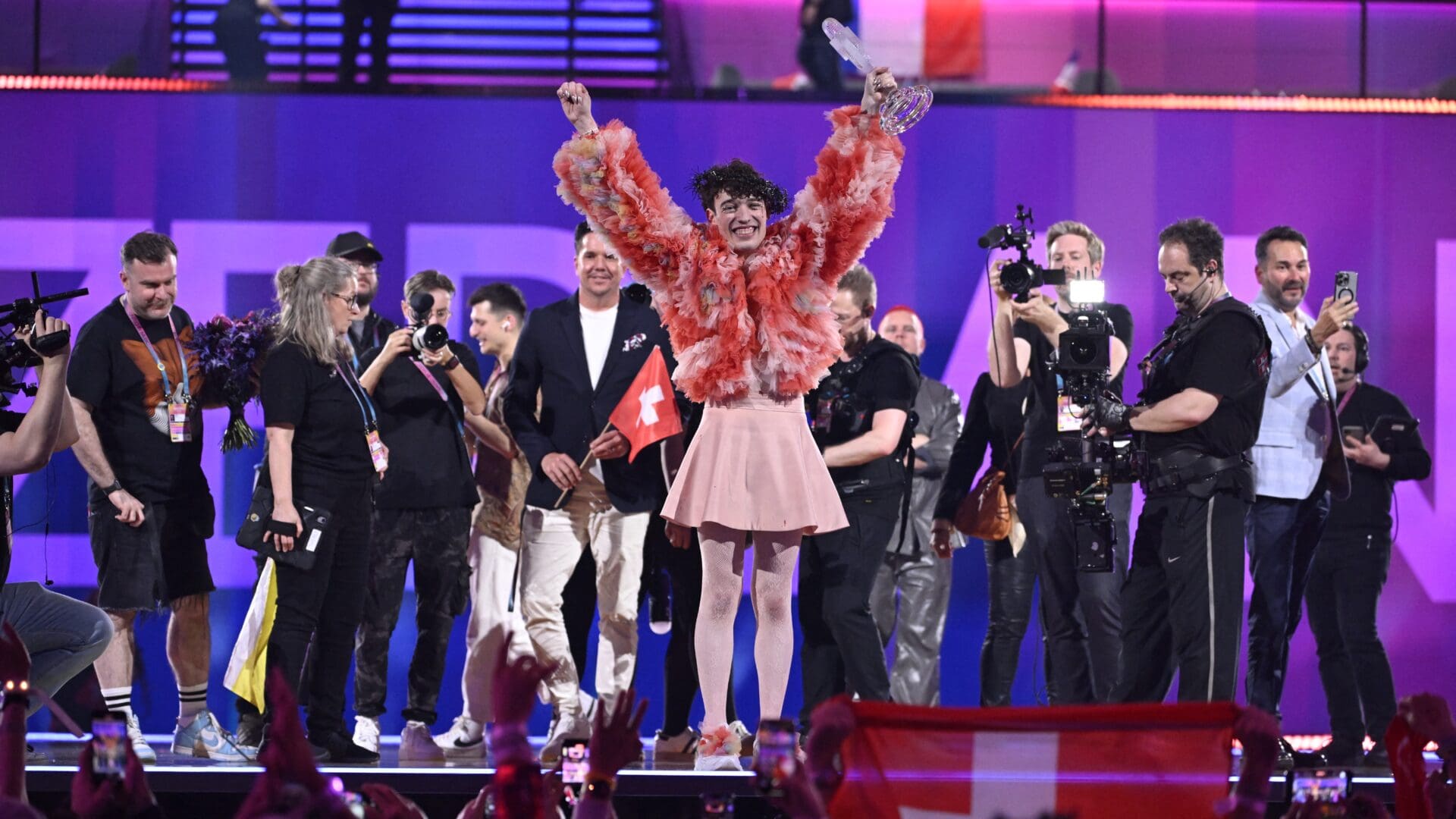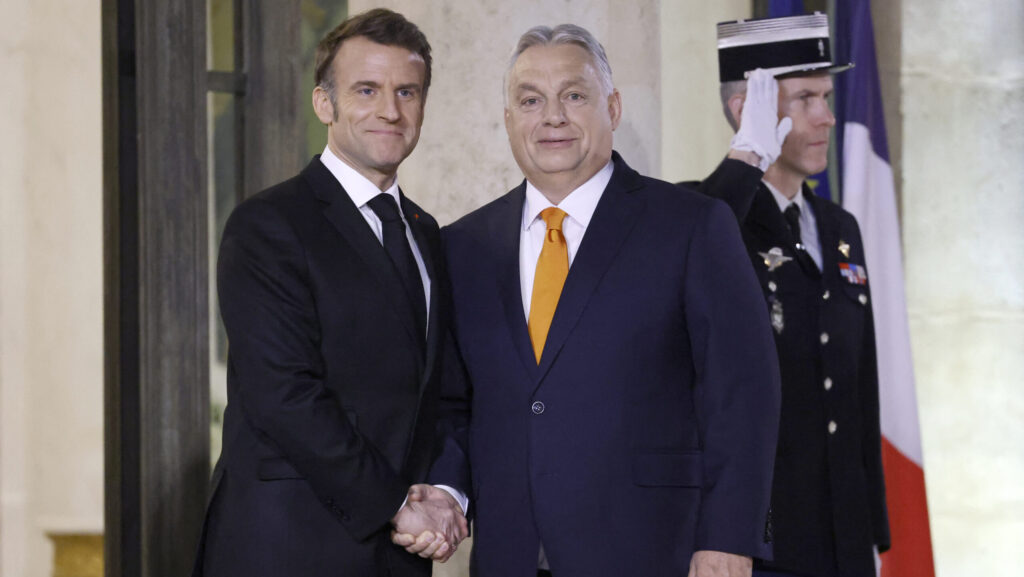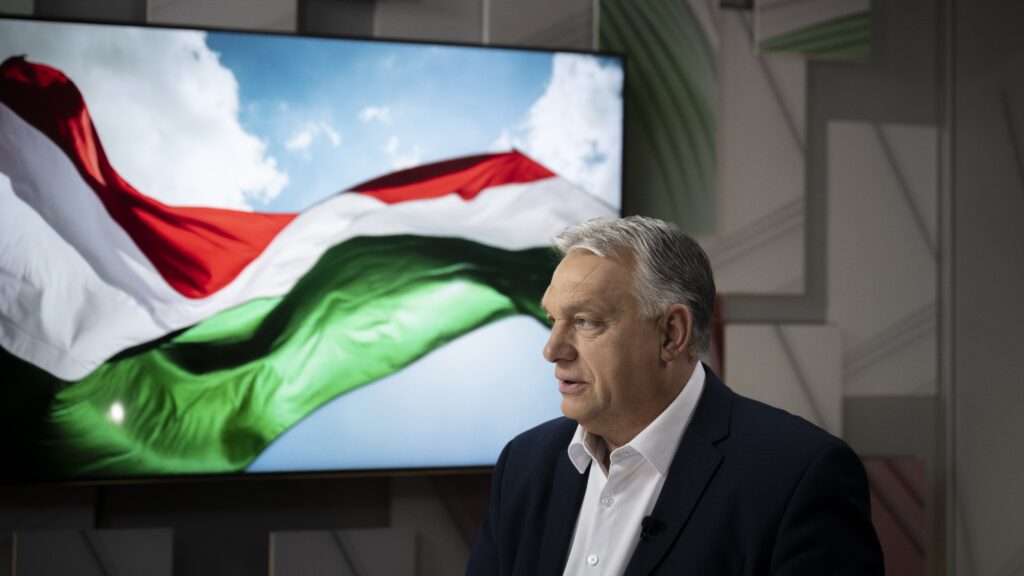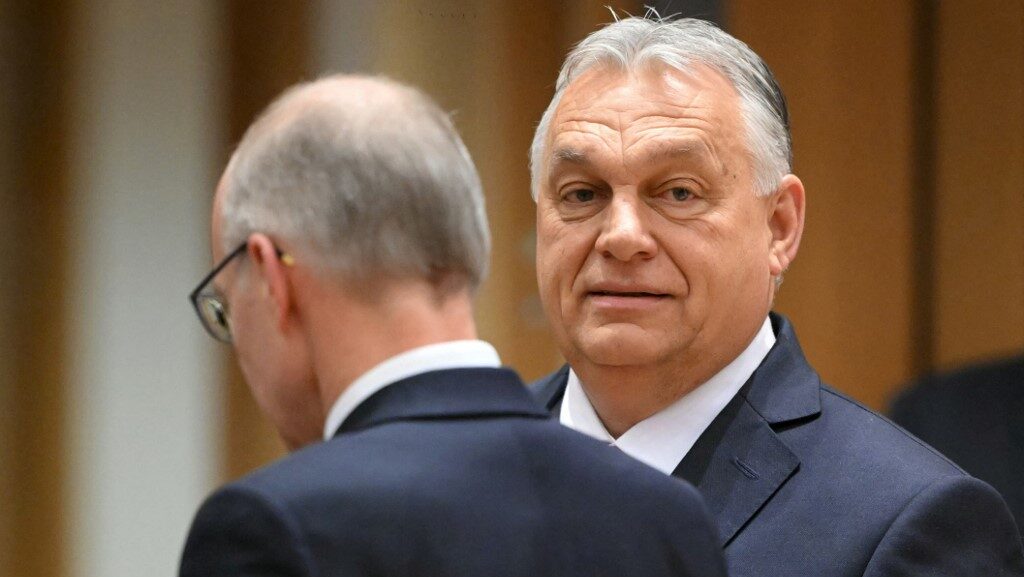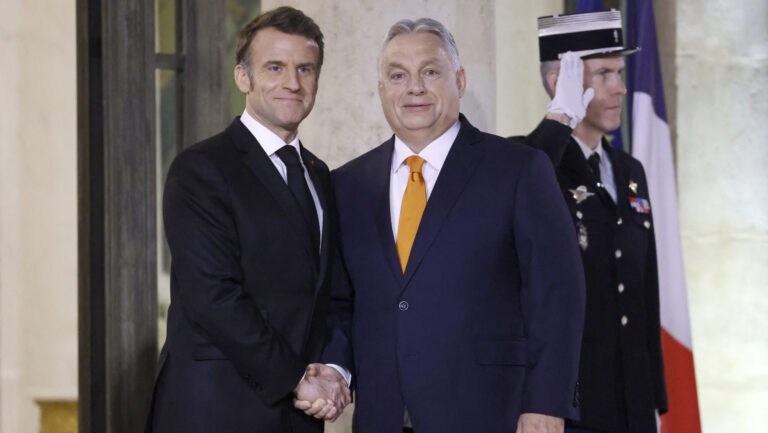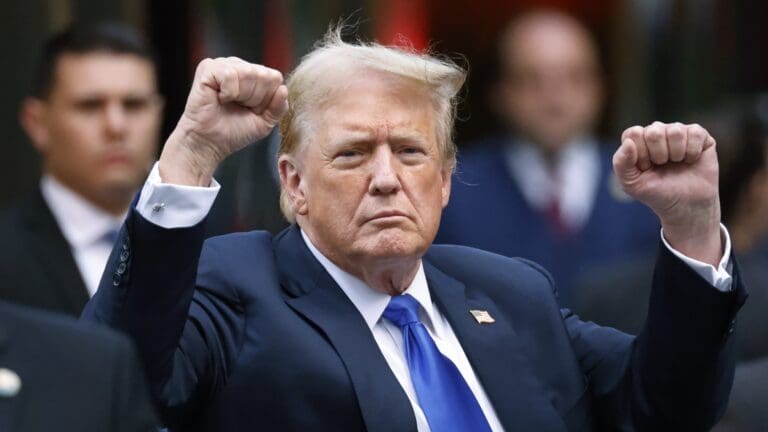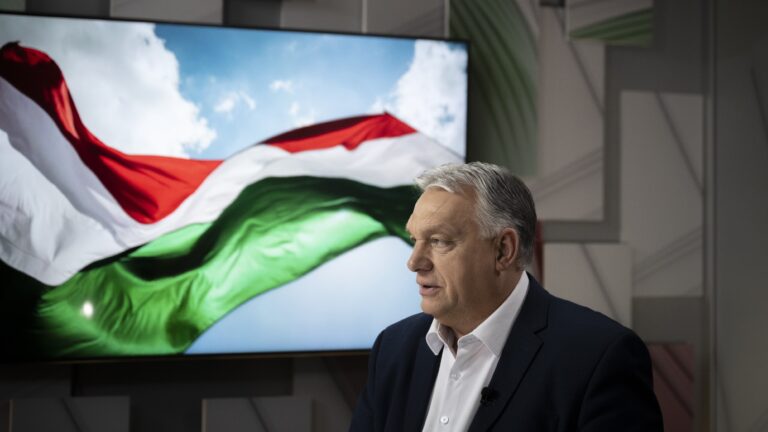There was a huge outcry in Brussels when the European Union flag was not displayed—for the first time in the competition’s history—at the Eurovision final on Saturday. The European Commission (EC), chaired by Ursula von der Leyen, harshly criticized the European Broadcasting Union (EBU), the organizer of the song contest. ‘The EBU’s decision to ban EU flags during Saturday’s Eurovision final was a gift to the enemies of Europe,’ stated Margaritis Schinas, the Commission’s Vice-President, expressing his discontent strongly.
The EC’s primary concern centred on the timing of the incident: it occurred less than a month before the most important European elections in recent years. Right-wing conservative parties are leading in the polls across many EU member states, a development that has understandably raised concerns among the progressive Brussels elite. ‘Less than a month from the European elections, who wins from banning the EU flag from Eurovision?’ Schinas told POLITICO Playbook.
‘Only the Eurosceptics and the enemies of Europe,’
the commissioner added.
A spokesperson for Commission President Ursula von der Leyen criticized the EBU’s decision, stating: ‘It is certainly regrettable to ban the flag that is the flag of all the EU members and other Council of Europe members taking part in the contest and often flies alongside national flags on public buildings.’
In response to the EC’s outcry, a spokesperson for the EBU clarified that the rules were consistent with the previous year: only flags of participating countries and rainbow/pride flags were permitted at the final event.
The final of the competition, held in Malmö, Sweden, was won by Nemo, a 24-year-old Swiss rapper. His winning song explored his journey of self-discovery and coming out as a non-binary person.
Schinas’s reference to ‘Eurosceptics’ likely targets the Identity and Democracy (ID) political group, which includes parties like Germany’s Alternative für Deutschland (AFD)—the country’s second-largest party known for its critical stance towards the EU—and Marine Le Pen’s National Rally, currently leading polls in France. Members of the ID group prioritize national sovereignty over the concept of a ‘United States of Europe,’ a vision endorsed by progressive liberals accross the EU. Consequently, they are often labeled ‘Eurosceptic,’ a term also frequently used to describe the Hungarian government and Prime Minister Viktor Orbán. However, this label does not imply a desire to leave the EU. Rather, the
ID’s primary goal is to influence change within various EU policies,
including the protection of national sovereignty, illegal migration, agricultural regulations, and other areas traditionally dominated by the left and the Greens.
The potential for change in the European Parliament is greater than ever, with the ID projected to become the third largest political group. This shift could significantly boost the influence of a group that has been marginalized by traditional political factions for years. ID is expected to be among the fastest growing groups, potentially increasing its number of MEPs from 59 to 83.
In a recent interview with Hungarian Conservative, French journalist Charles Sapin explained that with the support of the other conservative group—European Conservatives and Reformists (ECR)—and the European People’s Party (EPP) on certain issues, a right-wing majority could be established in the new European Parliament (EP). This majority could potentially block a number of left-wing legislations. Specifically, he pointed out that under such a composition, initiatives like the EU Green Deal would not have passed through parliament.
This year’s Eurovision was marked by political controversies even before the recent EU flag incident. At the final in Malmö, anti-Israel protests were organized, and pro-Palestinian groups sought to have the Israeli contestant banned from the competition—mirroring actions taken against Russia since 2022. Despite these challenges, Israeli singer Eden Golan courageously performed at Saturday’s final, facing boos from protesters around the arena.
20-year-old Golan gathered the second largest number of votes from European audiences,
and eventually placed ninth in the contest.
Related articles:

